Tadanobu Asano: the interview
The Thor actor talks about getting naked, and why he doesn't mind being dubbed
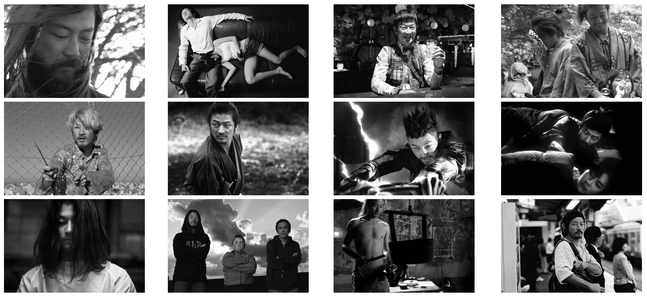
Posted: Thu Jul 07 2011
The Japanese Johnny Depp? Pffft. Johnny Depp was never this prolific. Tadanobu Asano has appeared in over 60 films since making his screen debut in 1990, working with some of the most respected names in Japanese cinema in the process: Hirokazu Koreeda (Distance, Maborosi), Nagisa Oshima (Taboo), Takashi Miike (Ichi the Killer), Takeshi Kitano (Zatoichi), Shinji Aoyama (Sad Vacation, Eli, eli, lema sabachthani?) among them. Last year, he was nominated for Best Actor in the Japan Academy Awards, for his performances as an alcoholic novelist in Villon's Wife and a Meiji era climber in Mt. Tsurugidake. In the past decade, he's also made some unusual incursions into the world of international cinema, playing a sensitive Genghis Khan in Sergey Bodrov's epic Mongol and appearing in two arthouse films by Thai director Pen-Ek Ratanaruang, Last Life in the Universe and Invisible Waves.
This month, his face is plastered all over town as part of the publicity for Thor, an enjoyably dumb superhero movie directed by Shakespeare veteran Kenneth Branagh. Asano plays Hogun, one of the eponymous hero's sidekicks, and it's fair to say that it isn't his most memorable performance to date. However, this won't be the last time that we see him in a Hollywood production: he's playing Lord Kira in the upcoming 47 Ronin, which rewrites the popular samurai tale to include Keanu Reeves, and can be seen next year in the big-screen adaptation of the board game Battleship.
Asano is currently filming 47 Ronin in London, but Time Out managed to wangle a bit of face time during his most recent trip to Tokyo.
I actually went to see Thor a few hours ago. I guess it was because it was a 2D screening, but the audience was mostly middle-aged guys.
Really? Weird.
What kinds of people did you think would go to watch it when you were making it?
I actually thought there'd be a lot of children. I mean, it's based on an American comic by the guy who did Spider-Man, so I thought it'd go down well with kids.
How did you end up in Thor?
I've got an agent representing me in the States now, and that was one of the first films they suggested. So the agent floated the idea, I went to the audition, the director took a liking to me...
You haven't really done any big-budget movies like that in Japan, have you?
That's right. I haven't really had any offers to do big-budget stuff in Japan.
Why do you think that is?
Well… I guess it's because I was doing independent films throughout the '90s, so in people's minds, I never really swelled up to blockbuster size.
You don't do any TV work besides commercials, do you?
Yeah, that's right. It's probably easier for people who do TV dramas to get roles in big-budget films.
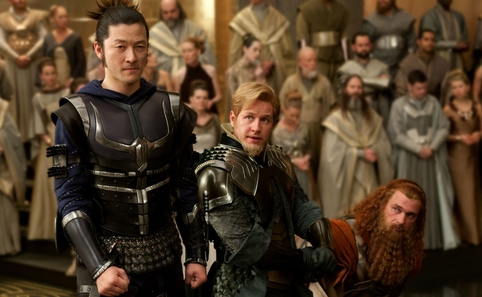
Tadanobu Asano in Thor: 'It felt like a fresh start...' TM & (C) 2010 Marvel (C) 2010 MVLFFLLC. All Rights Reserved.
You stopped doing TV work a long time ago, didn't you? What made you decide to do that?
I decided in my late teens that I wanted to be an actor, and my dad and I agreed that films were better. I work alongside my dad, you see. I've thought that films were better since I was a kid. With TV, you have to get everything done within such a short space of time, but with films, to an extent, you get more legroom. Sure, sometimes you'll have to go all-out and keep shooting for 24 hours straight, but even in the middle of all that, you've got grown-ups discussing the best way to do everything. I saw that when I was a child, and I thought, 'This looks interesting.' I felt at home in that world, so I decided I'd work in film.
You've done films in a lot of countries now: Thailand, Kazakhstan, America... Have you seen any major differences in the approaches to filmmaking?
Japanese people work really hard, don't they? They'll keep shooting for 24 hours. There's no way that would happen in other countries: there's a scheduled finish time, then you go to bed, and you carry on working the next day. In Japan, you don't shoot within a fixed schedule – you never know when you're going to finish. That's a big difference. Basically, people in other countries don't want to have to work quite as flat-out as they do in Japan.
From an actor's point of view, which is better?
I appreciate it when there's a system and a set finish time. It means you can wrap things up on time, read through the script again while you're resting and have another think about it – that's another part of the job, after all. But sometimes, I'll find myself wanting to nail it that day – to capture that particular feeling – even though it's a hassle to carry on shooting.
There's a lot of CGI in Thor, so I assume it took a long time to make. What was it like, compared to the films you've done so far?
It's unlike anything I've done before, so it was really fun. I'm always wanting to try new things as an actor. I got to appear in a totally different type of film, and it was the first time I'd worked in 3D, so it felt like a fresh start.
Kenneth Branagh's a big name in the UK, and a lot of people were surprised to find him attached to a project like this. What was he like to work with?
It was interesting. He's an actor himself, so he could really empathise with the cast, and he had some interesting ideas. British people might wonder 'What the hell is Kenneth Branagh doing directing Thor?' but the person asking that the most was Kenneth Branagh. I think he was more surprised than anyone else to find himself doing this kind of film. I think he'd consciously resolved to do it. People don't usually do that, right? You just do what you want to do, especially if you're someone with as much experience as Kenneth Branagh. There's a lot to learn from the fact that he's pushed himself like that.
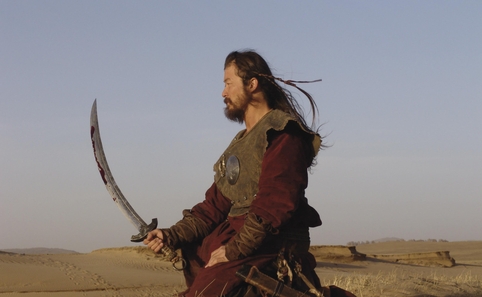
Mongol: 'It was a completely alien world to me' (C) 2007 CTB FILM COMPANY/ANDREYEVSKY FLAG FILM COMPANY/X FILME CREATIVE POOL/KINOFABRIKA/EURASIA FILM.ALL RIGHTS RESERVED.
I read an interview you did in 2004, and at the time you said you didn't have any plans to try your luck in Hollywood. What changed?
Really? I don't remember that at all. I've been interested ever since I became an actor. I never met him, but my grandfather was American, and I often wondered what the film world was like in his country. I'd been wanting to appear in a Hollywood film for a long time; if I had the chance, I'd take it.
And now you're doing 47 Ronin and Battleship too... Has the filming for 47 Ronin wrapped yet?
We're still shooting in London. It's in English, yes.
Even though most of the actors are Japanese? What language do you use on set?
We're speaking Japanese amongst ourselves, but otherwise we use English.
I watched Mongol for the first time recently. You were the only Japanese person on set then, weren't you? What language was everyone using then?
There were Russian crew members, Kazakhstani crew, Mongolian crew, Chinese crew, so you heard all kinds of languages on the set. When the Kazakhstanis and Chinese spoke, they did it in choppy English. The Kazakhstanis were asking for interpreters, getting the Mongolians to translate... we all spoke in a really jumbled-up fashion.
How did you find speaking Mongolian?
That was really tough. It was a completely alien world to me. It was only because I'd experienced that that I thought I could do an English-speaking role in an American film – it wasn't because I could actually speak English. Mongol was a hell of an experience.
Continue reading Tadanobu Asano: the interview
Part 1 | Part 2
Tweets
- About Us |
- Work for Time Out |
- Send us info |
- Advertising |
- Mobile edition |
- Terms & Conditions |
- Privacy policy |
- Contact Us
Copyright © 2014 Time Out Tokyo










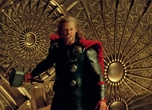
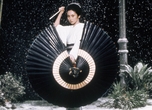
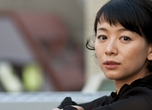
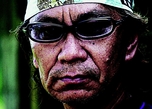
Add your comment